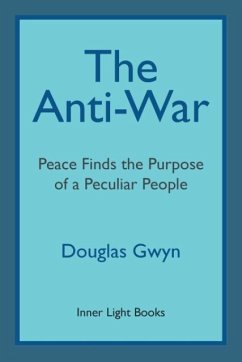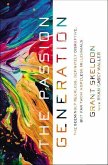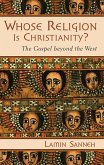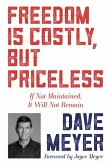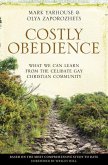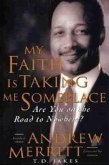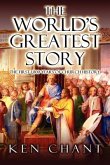This book advocates a renewal of the traditional Quaker peace testimony, to meet the challenges of the 21st century. The liberal Quaker renewal of a century ago fostered a pacifist ideology that diverged from the existential faith-commitment to peace manifested by earlier Friends. But the optimism that world powers could be persuaded to adopt peace faltered as military-industrial interests grew more entrenched during the 20th century. Today's darkening human prospect forces Friends to reclaim their identity as a people of God that resists the dominant culture and wages an "anti-war," a militant inversion of empire's militarist imperatives. Two inverse perspectives are required to reframe the issues. "Peace Finds the Purpose of a Peculiar People" begins with a close reading of 1 Peter 2:4-17. It then describes how the peace testimony developed among early Friends in the 17th century. The essay concludes by applying the framework of peculiar peoplehood, derived from 1 Peter and early Friends, to the current state of the Religious Society of Friends. The other essay of this book, "Militant Peacemaking in the Manner of Friends," examines the issues inversely. It begins with the Book of Revelation, seen as an apocalyptic unmasking of the Roman Empire's demonic structure and a call for Christian resistance. Then it examines the early Quaker Lamb's War as a nonviolent social revolution inspired in part by a socially engaged reading of Revelation. The essay concludes with fresh perspective on the Quaker social testimonies as an "anti-war" that inverts and subverts today's imperial militarism.
Hinweis: Dieser Artikel kann nur an eine deutsche Lieferadresse ausgeliefert werden.
Hinweis: Dieser Artikel kann nur an eine deutsche Lieferadresse ausgeliefert werden.

